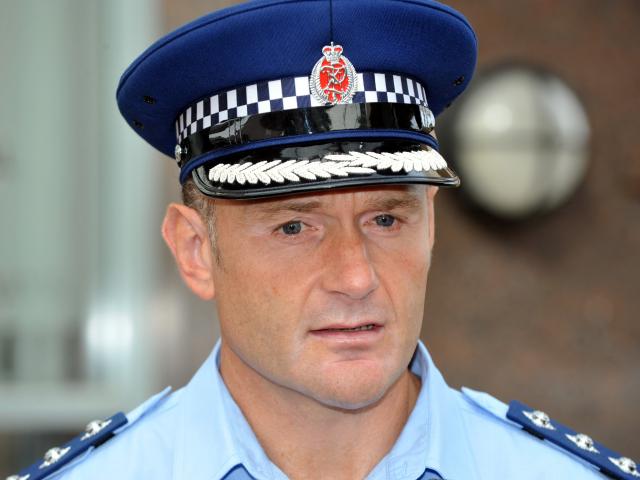
Information released to the Otago Daily Times under the Official Information Act shows the auctions raised $1.158million from July 2011 to June 2016.
However, the amount raised by the auctions has plummeted in recent years, falling 63% from $411,000 in the 2011-12 financial year to $154,000 last year.
Otago Coastal area commander Inspector Jason Guthrie said the steep decline was due, in part, to good police work.
''The amount of property which has been returned to its rightful owners by police has increased, resulting in less property to auction,'' he said.
In Dunedin, the second-hand value of goods and the number of second-hand dealers had also declined in recent years, which might be another reason for diminishing returns.
All funds raised by the auctions was paid into the Consolidated Fund and were not directly spent or used by police.
There were also strict protocols to follow before items were auctioned, he said.
''Items which may be put up for auction include forfeiture ordered by the courts, as well as stolen or unclaimed lost property, once all attempts to find the rightful owners have been exhausted,'' Insp Guthrie said.
''Any items which go up for auction must be authorised by a senior officer.''
Insp Guthrie said auctions were organised when necessary.
''Police call for tenders among auctioneers and they are then contracted to conduct our auctions,'' he said.
''Auctions are held once a sufficient number of items are on hand to make the event worthwhile, due to the costs involved. These costs may include newspaper advertising and auctioneers' fees.''
The most recent auction in the Southern district was held in Invercargill last month, when more than 200 items were put up for sale.
Police could not provide the number of auctions held during the past five years or break down the value raised on a district-by-district basis.











